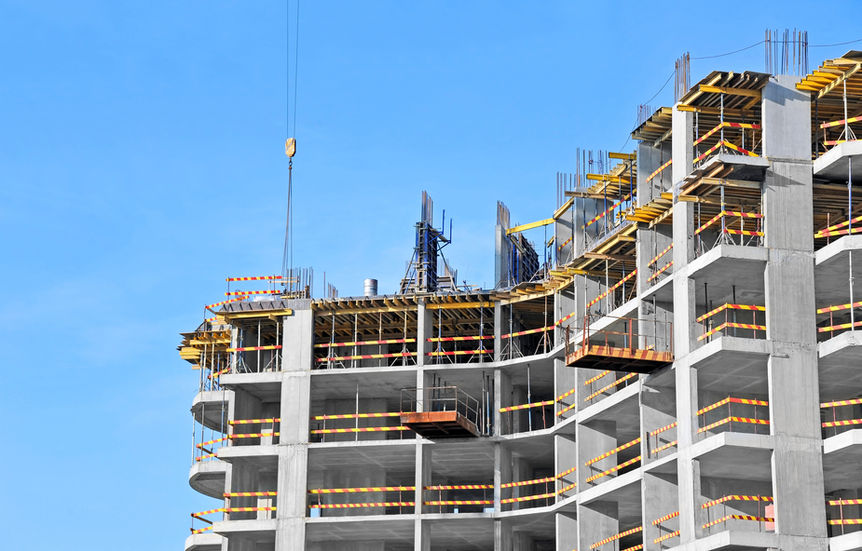In Malaysia, strata property ownership can be categorized under two different forms, i.e. property with title (in the form of an ‘individual title’ or ‘strata title’) and property without title (commonly known as ‘master title’ property). Strata property in Malaysia includes high rise buildings such as condominiums or apartments, commercial shop lots and office units in office towers.
While both properties with title and without title can be successfully transacted and transferred, there are differences in the procedures, documentation, costs and timing of sale or transfer of such properties.
Referring to a strata property for which individual strata title is not yet issued as property ‘without title’ is a bit of a misnomer. Technically speaking, such strata property does have a registered title, being the ‘master title’ of the land on which the entire development is built. However, the master title is owned by and registered in the name of the developer or the land proprietor. Instead, the ownership of the parcel of individual strata property is recorded and evidenced by the sale and purchase agreement (SPA) and the Deed of Assignment (DOA).
How will purchasing a property ‘without title’ in a secondary market affect you as the buyer if the strata title has yet to be issued?
Additional / Unanticipated Costs: For starters, if the developer becomes insolvent or goes under voluntary winding up before the strata title is obtained and perfected, the court appointed liquidator may call for a Purchaser’s Verification exercise and impose an administrative charge of 1-2% of the purchase price just to transfer the strata title (when issued) to the then owner.
Encumbrances / delays: As a buyer purchasing a stratified property in a secondary market without a strata title, the land search conducted by the buyer’s or buyer’s bank solicitors may also uncover multiple caveats existing on the master title. These encumbrances are claims on the property by third parties who have an interest in the master title. Where the buyer is taking a loan to purchase the property, financiers typically require specific confirmations, clarifications and undertakings from the developer on the caveats existing on the master title, which may likely lead to delays in the financier disbursing the loan sum. This process could significantly eat into the buyer’s 3 months to complete the transaction, resulting in late interest penalties payable by the buyer, if not handled carefully.
Rejection of loan / reduced loan margin: There are some financial institutions who are, for various reasons, reluctant to approve of loans for stratified properties in a secondary market without a strata title issued. This reluctance may be further amplified if the developer has already been wound up, prior to the strata title being issued. This is common especially for older properties that have been completed for more than 10 years, and the strata titles have still not been issued. Further, financial institutions may be reluctant to give the same borrowing margins for loans to property without strata title, compared to a property with issued strata title.
Missing documents / further delays: In some situations, especially where the seller did not take a property loan, the seller may not be able to furnish the complete set of documents proving a continuous and complete chain of ownership, originating from the developer’s principal sale and purchase agreement. The more previous owners there have been, the longer the list of documents evidencing ownership that need to be preserved and established. In the worst case, a missing or incomplete document may delay the transaction and cause the buyer to wait for several additional weeks before the transaction can properly complete. Read our article here on what a buyer can do if the seller excessively delays on a transaction.
What can a property buyer do?
Before proceeding to sign the offer letter to purchase the stratified property, a buyer should enquire with the seller or the real estate agent if “the strata title to the property has been issued AND registered in the seller’s name”. With this, the buyer will be able to better estimate the total period of the transaction, and/or to prepare for additional complications that may arise from the transaction.
Where the buyer needs to apply for a bank loan for the purchase, he should also consider inserting a special condition on the offer letter stating that the signing of the sale and purchase agreement is subject to the buyer successfully getting a loan, with a specific minimum loan margin, to avoid the buyer’s earnest deposit money being forfeited in the event such loan is rejected. That way, the buyer will be able to do the necessary checks with the financial institution if they are willing or unwilling to offer a loan for the said property without strata title.
Nevertheless, if both the seller and buyer wish to go ahead with the sale transaction, it is best that each party is to engage their own solicitors to ensure protection for both sides.
Source: https://dnh.com.my



















































































![[UPDATED] Real Property Gains Tax (RPGT) Act 2021 in Malaysia](https://static.wixstatic.com/media/42661b067ebe4806a785cab2668ede60.jpg/v1/fill/w_327,h_250,fp_0.50_0.50,q_30,blur_30,enc_avif,quality_auto/42661b067ebe4806a785cab2668ede60.webp)
![[UPDATED] Real Property Gains Tax (RPGT) Act 2021 in Malaysia](https://static.wixstatic.com/media/42661b067ebe4806a785cab2668ede60.jpg/v1/fill/w_326,h_249,fp_0.50_0.50,q_90,enc_avif,quality_auto/42661b067ebe4806a785cab2668ede60.webp)







































































































































Comments